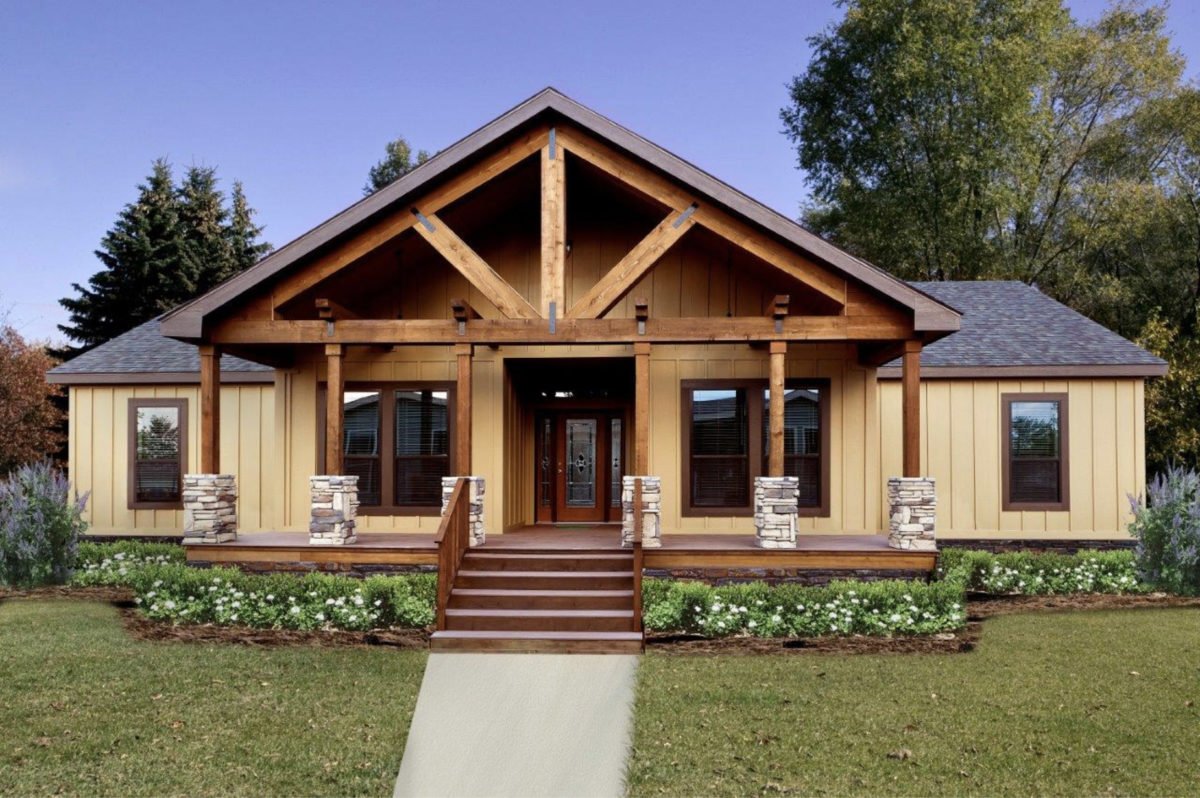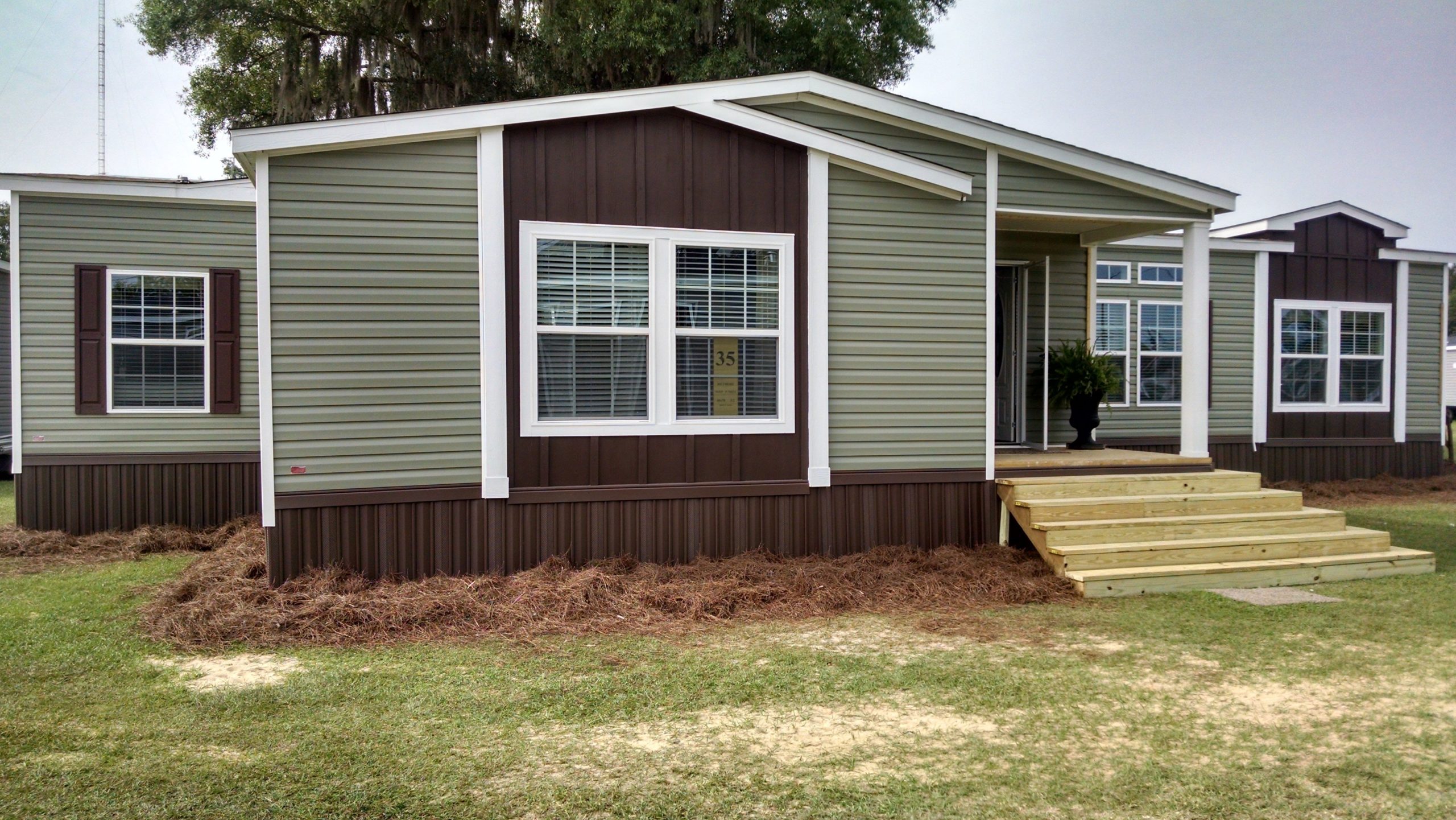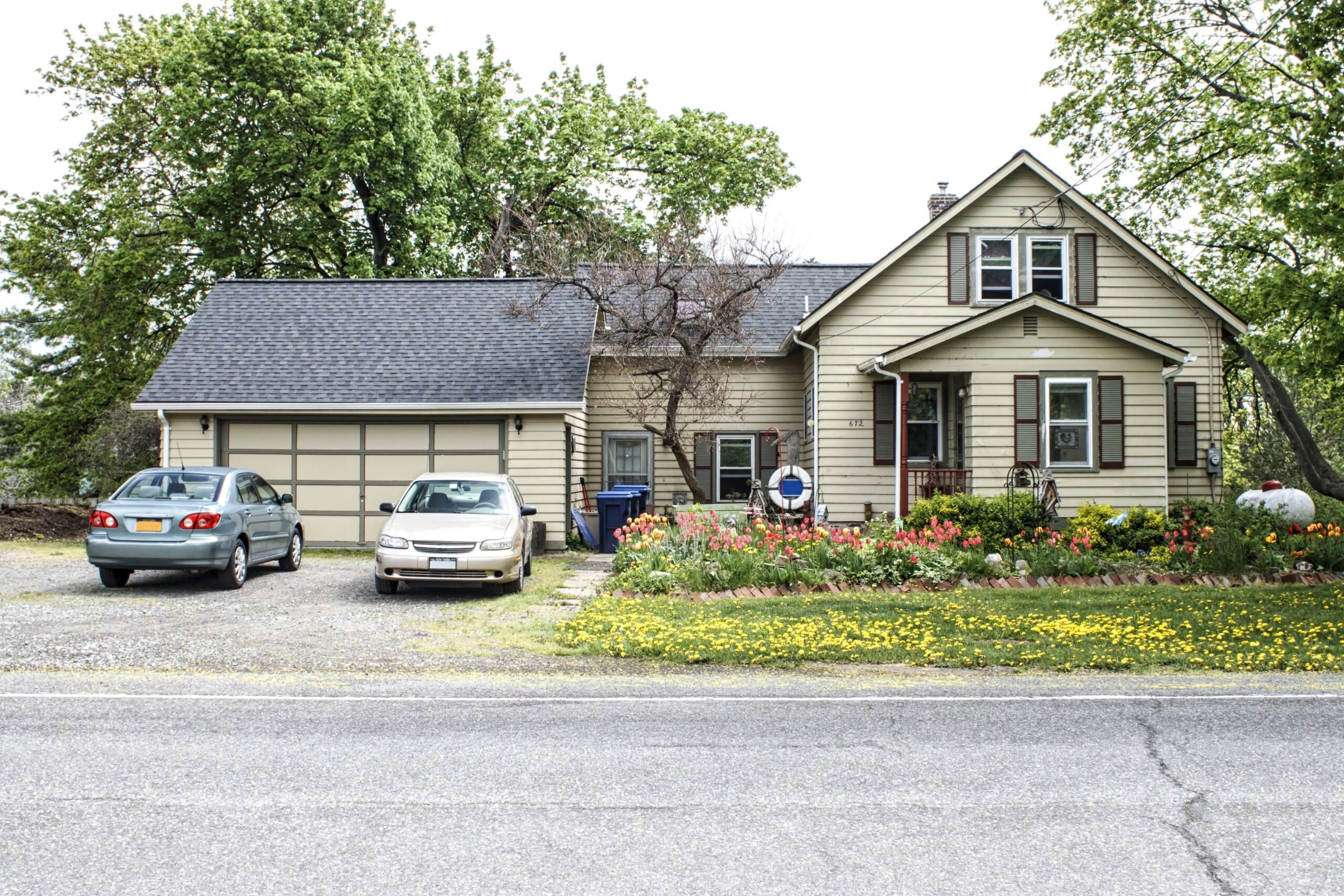[Do Manufactured Homes Depreciate?] Manufactured homes, often mistaken for mobile homes, have unique characteristics that set them apart. Understanding whether they depreciate is crucial for potential buyers and owners. In this article, we’ll delve into the intricacies of manufactured homes, exploring the factors that influence their value and answering the question: Do manufactured homes depreciate?
Key Takeaways:
- Manufactured homes depreciate but at varying rates depending on factors like age, location, and maintenance.
- Newer manufactured homes may depreciate less than older ones but may appreciate less than traditional homes.
- Manufactured homes are considered personal property, which can impact their value.
- Location plays a significant role in depreciation, with homes in desirable areas depreciating slower.
- Depreciation for manufactured homes is not as significant as for traditional homes and may align with market trends for site-built homes.
Do Manufactured Homes Depreciate?


Yes, manufactured homes do depreciate in value over time, but the rate of depreciation varies. Unlike traditional homes, which are considered real property, manufactured homes are classified as personal property, which can affect their value.
Factors Influencing Depreciation
- Age: Older manufactured homes depreciate faster than newer ones.
- Location: Homes in desirable areas with good amenities may depreciate slower.
- Maintenance: Well-maintained homes hold their value better.
- Market Conditions: Depreciation may follow market conditions similar to site-built homes.
Depreciation Rate Compared to Traditional Homes
While manufactured homes do depreciate, their depreciation rate is generally less pronounced compared to traditional homes. However, their appreciation rate may not always match that of traditional homes.
Remember:
- Regular maintenance: Extends the life and value of a manufactured home.
- Location: Choose a desirable location to minimize depreciation.
- Market: Keep an eye on market conditions to understand how they may impact depreciation.
- Financing: Manufactured homes may have different financing options than traditional homes.
- Insurance: Insuring your manufactured home is essential for protection.
Table: Factors Affecting Manufactured Home Depreciation
| Factor | How it Affects Depreciation |
|---|---|
| Age | Older homes depreciate faster. |
| Location | Homes in desirable areas depreciate slower. |
| Maintenance | Well-maintained homes hold value better. |
| Market Conditions | Depreciation may follow market trends. |
| Personal Property | Classification as personal property can impact value. |
Would you like to know if do modular homes appreciate? Do you wonder if the value of modular homes increases? Do you want to know if do modular homes appreciate in value over time? Or maybe you’re interested in learning if do modular homes hold their value. Well, you’ve come to the right place! We have all the answers you need. Click on the links to find out more.
How Fast Do Manufactured Homes Depreciate?
Depreciation, a key factor when delving into the world of manufactured homes, can have a palpable impact on their value. So, how swiftly do they tend to depreciate?
Manufactured homes generally experience an annual depreciation rate of around 3-3.5%. This rate, however, is not set in stone and can fluctuate based on various factors.
Key Takeaways:
- Manufactured homes depreciate at an average rate of 3-3.5% per year.
- Depreciation can significantly influence the value of manufactured homes.
- Factors like age, maintenance, and location play a role in determining depreciation rates.
- Newer manufactured homes may depreciate less but may also have lower appreciation potential compared to traditional homes.
- Depreciation is not as pronounced in manufactured homes as in traditional homes, and it may align with market trends for site-built homes.
Factors Influencing Depreciation
Understanding the factors that influence depreciation rates is crucial. These include:
- Age: Older manufactured homes, particularly those built before 1976, tend to depreciate more due to outdated features and materials.
- Maintenance: Neglecting maintenance can accelerate depreciation by shortening the home’s lifespan. Regular upkeep enhances value and longevity.
- Location: Manufactured homes in desirable areas with good amenities experience slower depreciation rates.
Depreciation vs. Appreciation
It’s essential to note the difference between depreciation and appreciation. While depreciation refers to a decrease in value over time, appreciation indicates an increase in value.
Manufactured homes typically have lower appreciation potential compared to traditional homes due to factors such as being classified as personal property and their more rapid depreciation rate. However, newer manufactured homes may appreciate at a rate closer to traditional homes.
Sources:
- Do Manufactured Homes Depreciate? Exploring the Truth About Depreciation
- Pros And Cons Of Manufactured Homes: A Guide
FAQ
Q1: Do manufactured homes depreciate in value?
A1: Yes, manufactured homes typically depreciate in value over time, but the rate of depreciation may vary depending on factors such as age, location, and maintenance.
Q2: How fast do manufactured homes depreciate?
A2: The rate of depreciation for manufactured homes can vary, but it is generally estimated to be around 3-3.5% per year.
Q3: Do manufactured homes appreciate or depreciate?
A3: Manufactured homes typically depreciate in value over time, unlike traditional homes which generally appreciate in value. However, some newer manufactured homes may depreciate less than older models, and their appreciation potential may vary depending on market conditions.
Q4: What factors affect the depreciation of manufactured homes?
A4: Factors that can affect the depreciation of manufactured homes include age, location, maintenance, and market conditions.
Q5: Can manufactured homes increase in value like traditional homes?
A5: While manufactured homes generally depreciate in value, some newer models may appreciate in value if they are well-maintained and located in desirable areas. However, their appreciation potential is typically lower compared to traditional homes.
- How to Lower Pool Alkalinity: A Step-by-Step Guide - April 25, 2025
- How to Permanently Get Rid of Voles and Moles - April 25, 2025
- How to Get Rid of Mushrooms in Your Lawn: A Complete Guide - April 24, 2025










